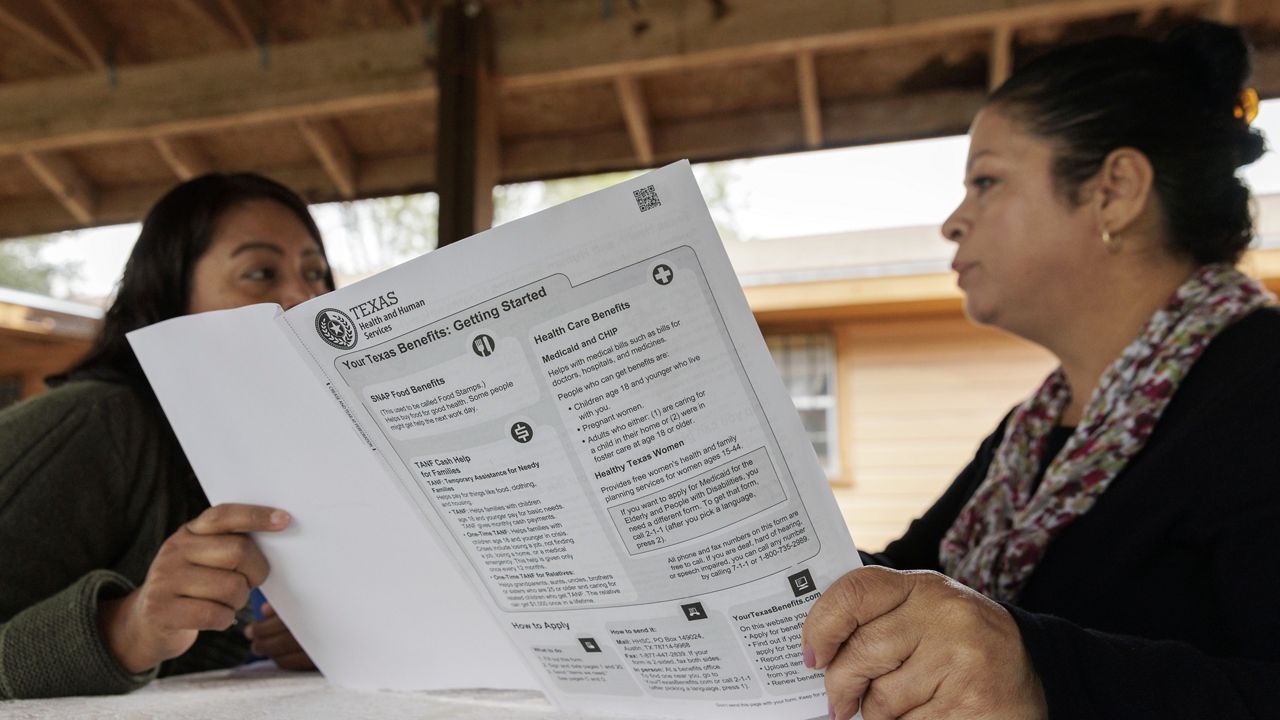DALLAS — A Texas appeals court ruled Thursday that Texas Attorney General Ken Paxton can face punishment from the State Bar of Texas for his efforts to overturn the 2020 election.
The Fifth Court of Appeals is the second court to rule against Paxton in this case, after the district court also ruled that he could face discipline.
After the 2020 election, the State Bar of Texas’ Commission for Lawyer Discipline filed a disciplinary action against Paxton claiming that he violated its rules by engaging in “conduct involving dishonesty, fraud, deceit, or misrepresentation,” the court’s opinion said.
The commission claims that Paxton made “misrepresentations” to the U.S. Supreme Court in Texas v. Pennsylvania — a case Paxton brought against Pennsylvania, Georgia, Michigan and Wisconsin contesting their administration of the 2020 election.
Paxton argued he was acting in his official capacity as attorney general, and therefore, he had sovereign immunity.
The appeals court rejected that argument and said the commission’s complaint against Paxton is against him as an individual attorney and not against the Office of the Attorney General.
“The substance of the Commission’s claims and the relief sought demonstrate the disciplinary action is not against Paxton in his official capacity,” the opinion says. “Rather, it is against Paxton in his capacity as a Texas-licensed lawyer and an officer of the legal system; a legal system that obliges lawyers to maintain the highest standards of ethical conduct but subjects them to discipline when they fall below certain minimum standards necessary to preserve an open society founded on the rule of law.”
The opinion went on to say, “Subjecting Paxton to disciplinary proceedings does not violate separation of powers; immunizing him does.”
One member of the three-judge panel dissented in the case. Justice Emily Miskel, a Republican, wrote a dissenting opinion siding with Paxton.








